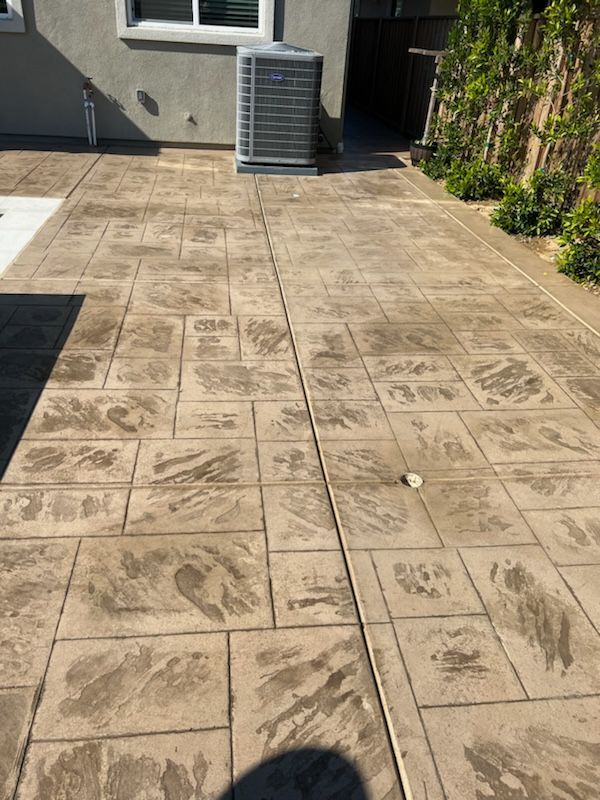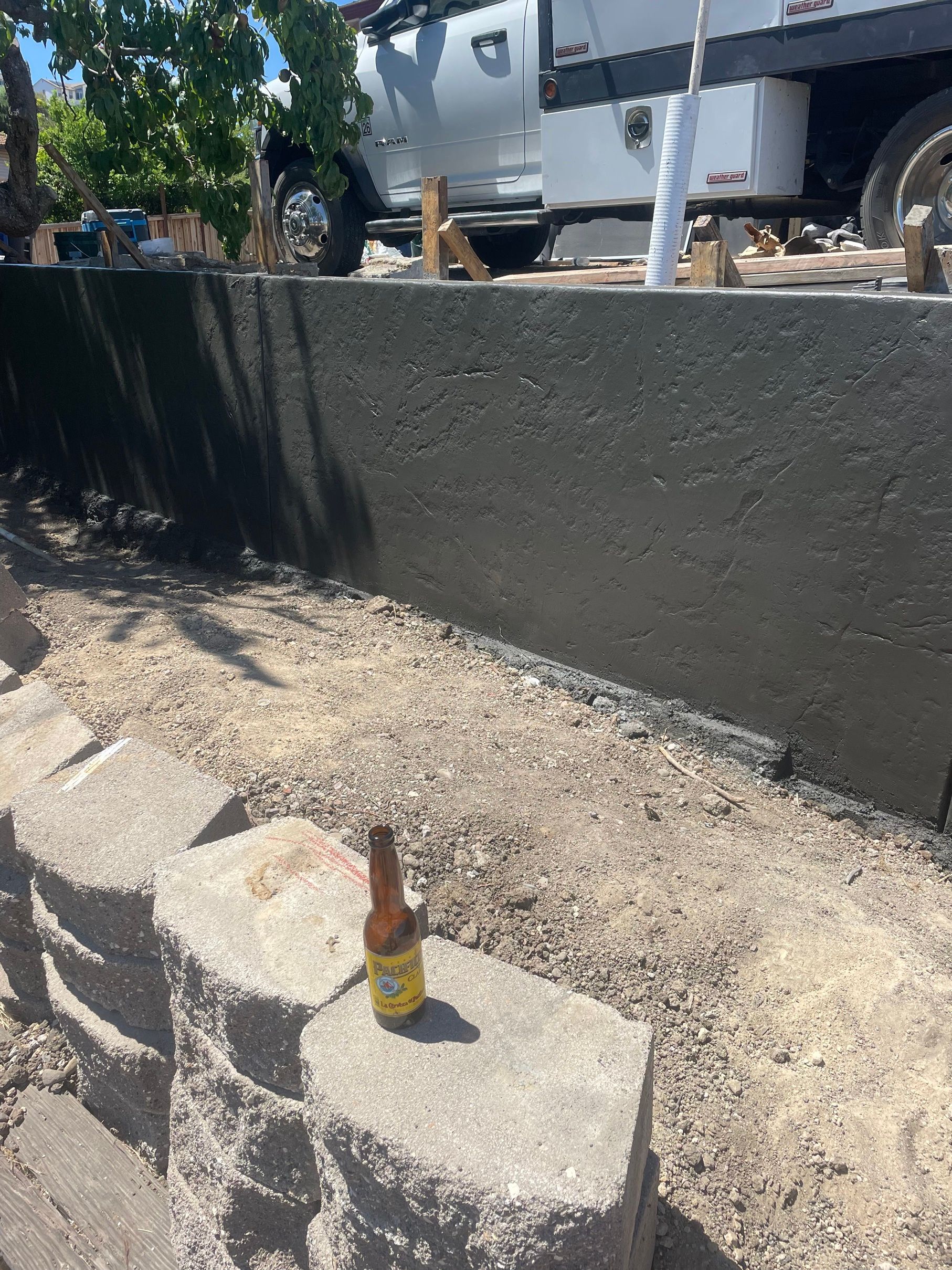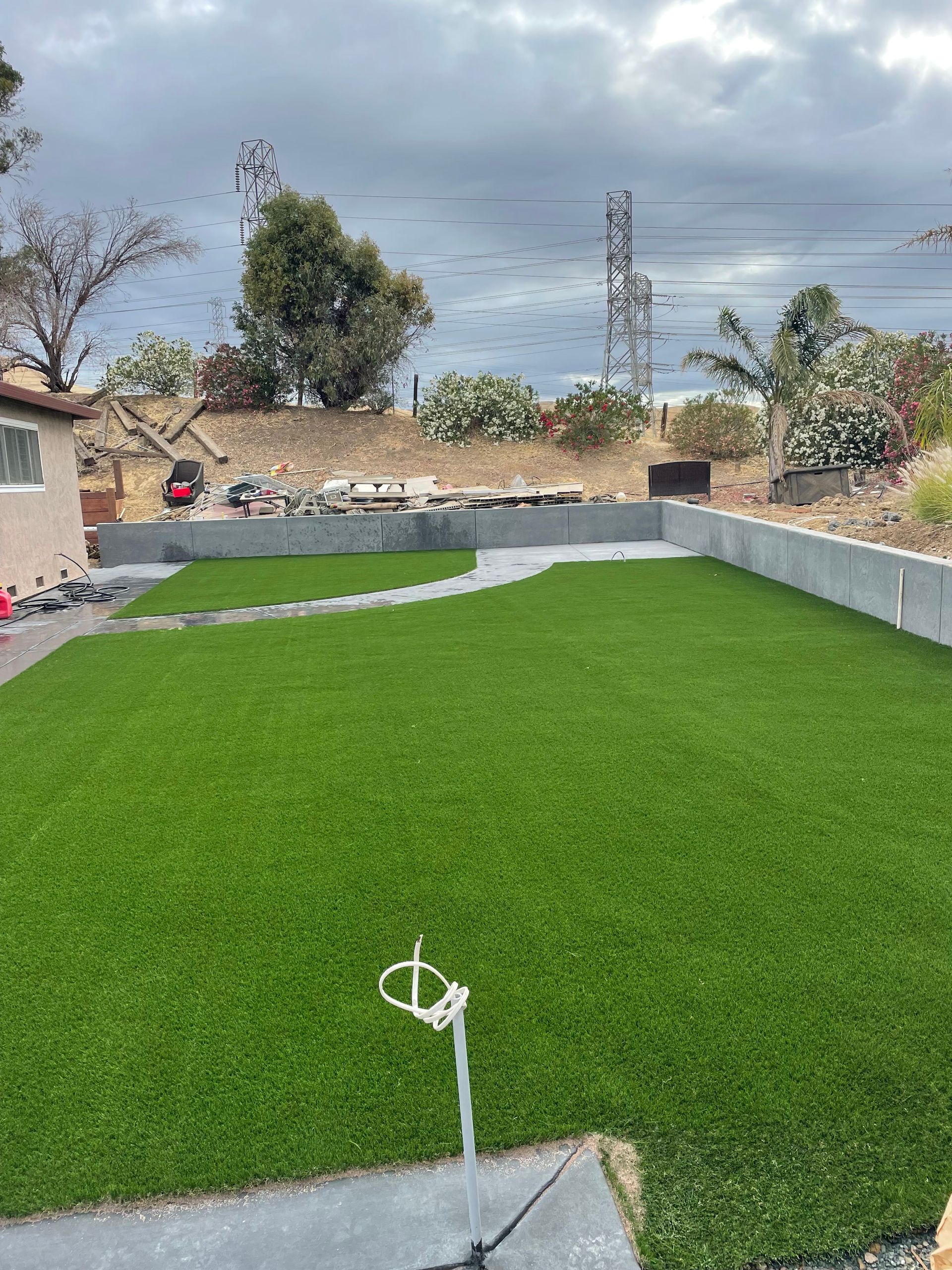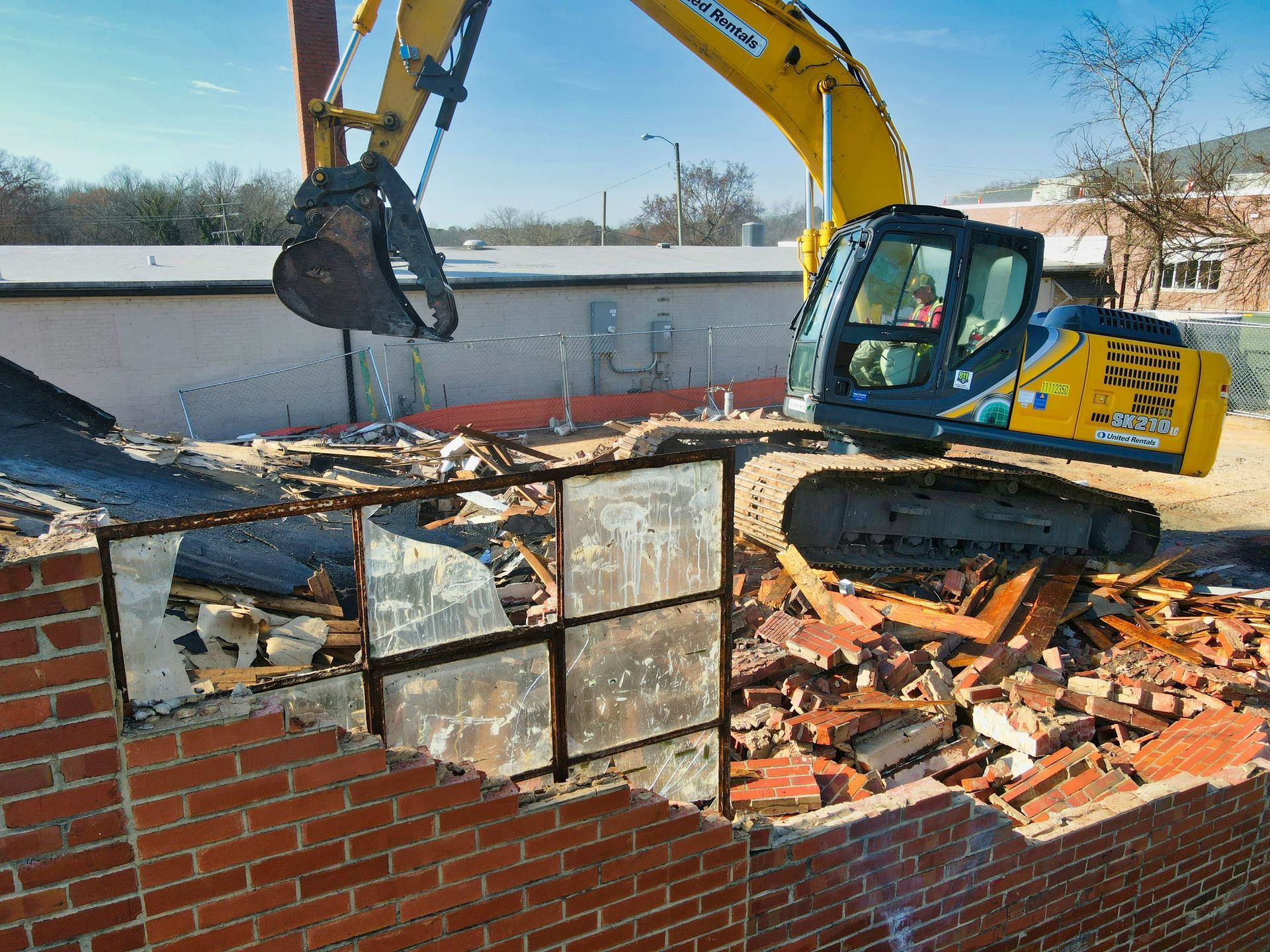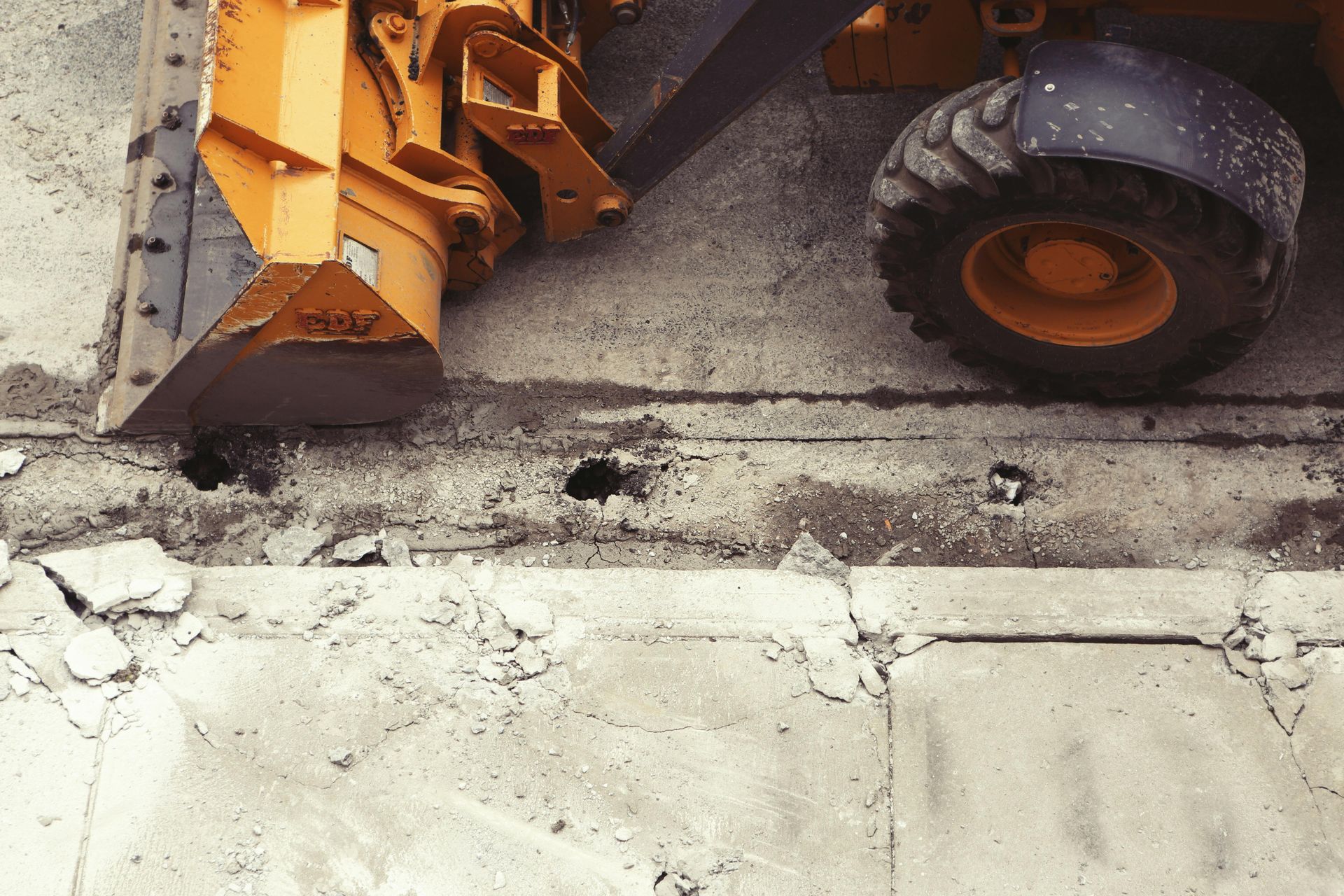A Comprehensive Guide to San Francisco Demolition Services and Regulations
Demolition projects in San Francisco present unique challenges and opportunities for property owners. This guide discusses available demolition services, pricing factors, permit requirements, and essential tips for selecting the right demolition contractor. Whether you are a homeowner, business owner, or facility manager, understanding these key areas is critical for safety, regulatory compliance, and optimal waste management.
What Are the Main Types of Demolition Services in San Francisco?
Demolition services in San Francisco include various methods adapted for urban properties. The industry is divided into categories covering both residential and commercial projects, as well as selective deconstruction and hazardous material removal.
Demolition for Commercial and Residential Properties
Commercial and residential demolitions differ in scale, complexity, and regulatory oversight. Commercial projects often involve multi-story buildings or large complexes that require phased removal, specialized equipment, and coordination with local authorities. Residential demolitions are generally smaller, focusing on preserving neighboring structures and handling non-toxic waste. For example, while a multi-story site may need advanced machinery and staggered shifts, a single-family home demolition typically combines manual labor with smaller-scale equipment.
Selective and Interior Demolition in San Francisco
Selective and interior demolition entails the careful removal of specific building elements while retaining key structural components for reuse or renovation. This approach helps minimize waste and supports sustainable practices. By removing non-load-bearing elements, interior demolition allows remodeling, and selective demolition targets hazardous materials with precision. Contractors use planning techniques like building surveys and digital modeling to ensure only designated parts are removed and the building’s integrity is maintained.
Why Is Asbestos Abatement Critical in San Francisco Demolition Projects?
Asbestos abatement is essential because inhaling asbestos fibers can cause lung cancer and asbestosis. Many older San Francisco buildings contain asbestos, making its removal mandatory under federal, state, and local guidelines. Certified contractors must follow regulated steps involving encapsulation, removal, and safe disposal to protect workers and residents. A specialized abatement plan must be approved before demolition work on older structures can begin.
Site Clearing and Debris Removal: Prepare Construction Sites?
Site clearing and debris removal eliminate obstructions and hazardous materials from the demolition phase. This service involves sorting construction waste, recycling salvageable materials, and ensuring a contaminant-free environment. Proper clearing improves safety for subsequent construction and helps developers meet San Francisco’s sustainability and waste management standards. Contractors use heavy machinery and manual labor to separate recyclables from construction debris.
How Much Does Demolition Cost in San Francisco?

Understanding demolition costs is vital for budget planning. Expenses vary based on project complexity, materials, location, and the need for hazardous waste removal. Breaking down these costs helps property owners see how factors such as labor, equipment, and waste disposal fees affect overall pricing.
Factors that Influence Commercial and Residential Demolition Pricing
Demolition pricing is affected by the size of the building, construction materials, structural complexity, and environmental factors. Commercial projects often cost more due to scale, the need for advanced machinery, and stricter permits. Residential demolitions tend to be less expensive but may incur extra costs if hazardous materials are present. Other factors include site accessibility, urban congestion, and the requirement for temporary utilities. Accurate site assessments and comprehensive quotes are key to determining the full financial impact before work starts.
Are There Ways to Reduce Demolition Expenses Through Recycling and Waste Management?
Yes, sustainable practices like recycling demolition debris can reduce expenses. Many San Francisco contractors have recycling programs that reclaim metals, concrete, and wood for reuse. On-site sorting and collaborations with local recycling centers help lower disposal fees and may offer tax credits or compliance benefits, supporting the city’s environmental initiatives.
Demolition Permit Requirements and Regulations in San Francisco, CA
Before starting any demolition project in San Francisco, securing the necessary permits and following strict safety codes is essential. The local government enforces rules to protect public safety, ensure environmental compliance, and regulate urban transformation. Understanding permit requirements, building codes, and regulations helps avoid costly delays and legal challenges.
How Does the San Francisco Demolition Permit Process Work?
The permit process begins with a detailed application outlining the scope, demolition method, and safety measures. Applicants must submit architectural plans, environmental assessments, and proof of contractor qualifications. City officials review these documents to ensure compliance with local codes and safety standards, followed by inspections during various demolition phases. This process requires coordination among multiple departments and strict adherence to timelines, especially for projects handling hazardous materials.
What Building Codes and Safety Regulations Must Demolition Projects Follow?
Projects must comply with building codes and safety regulations set by the San Francisco Department of Building Inspection. Regulations cover structural engineering principles, worker and public safety measures, and environmental protections. For example, projects must address seismic safety, hazardous material containment, and proper debris management. Contractors must show evidence of safety training, equipment certifications, and emergency response plans to meet local and state requirements.
What Are the Lead Paint and Asbestos Abatement Regulations in San Francisco?
Due to serious health risks, lead paint and asbestos regulations in San Francisco are strict. Buildings before the late 1970s may require certified abatement procedures for lead-based paints and asbestos. Contractors must follow protocols for testing, removal, and disposal with licensed professionals documenting every step to ensure full compliance with local, state, and federal guidelines.
How Can Property Owners Choose the Right Demolition Company in San Francisco?

Choosing the right demolition contractor is critical for a successful project. In San Francisco's complex regulatory environment, property owners must evaluate potential contractors based on their ability to provide safe, efficient, and compliant services. Key considerations include verifying licenses, reviewing past projects, and reading client testimonials.
Credentials and Experience Should You Look for in a Demolition Contractor
Look for contractors with proper licensing, insurance, and certifications, especially for hazardous material removal. Experience with both commercial and residential projects is important, as is a proven record of regulatory compliance. Reputable contractors provide references, detailed project portfolios, and clear cost estimates. Their expertise in site assessment, environmental impact reduction, and debris recycling greatly contributes to project success and sustainability.
Common Questions to Ask Before Hiring a San Francisco Demolition Expert
Before hiring, ask contractors about their experience with similar projects, the specific permits they have managed, and their approach to hazardous material abatement. Inquire about their waste management and recycling practices, and discuss timelines, cost structures, and contingency plans for delays. Open communication ensures that the contractor can complete the work safely and on budget.
Ready to Clear the Way for Your Next Project?
Don't let outdated structures hold back your vision. Elite Development Builders delivers safe, compliant demolition services throughout San Francisco—from residential teardowns to complex commercial projects. Our certified team handles everything: permits, hazardous material abatement, debris recycling, and site preparation.
Get your FREE demolition estimate today and discover why property owners trust Elite Development Builders for their most challenging projects.
Final Thoughts
San Francisco demolition projects involve complex processes that blend safety, regulatory compliance, and environmental responsibility. By understanding the types of demolition services, the cost factors involved, and the detailed permit requirements, property owners can navigate these challenges with confidence. Choosing an experienced, certified demolition contractor ensures a process that prioritizes worker safety and sustainable waste management. With careful planning and strict adherence to local regulations, every demolition project can contribute to a safer and more sustainable urban landscape.

